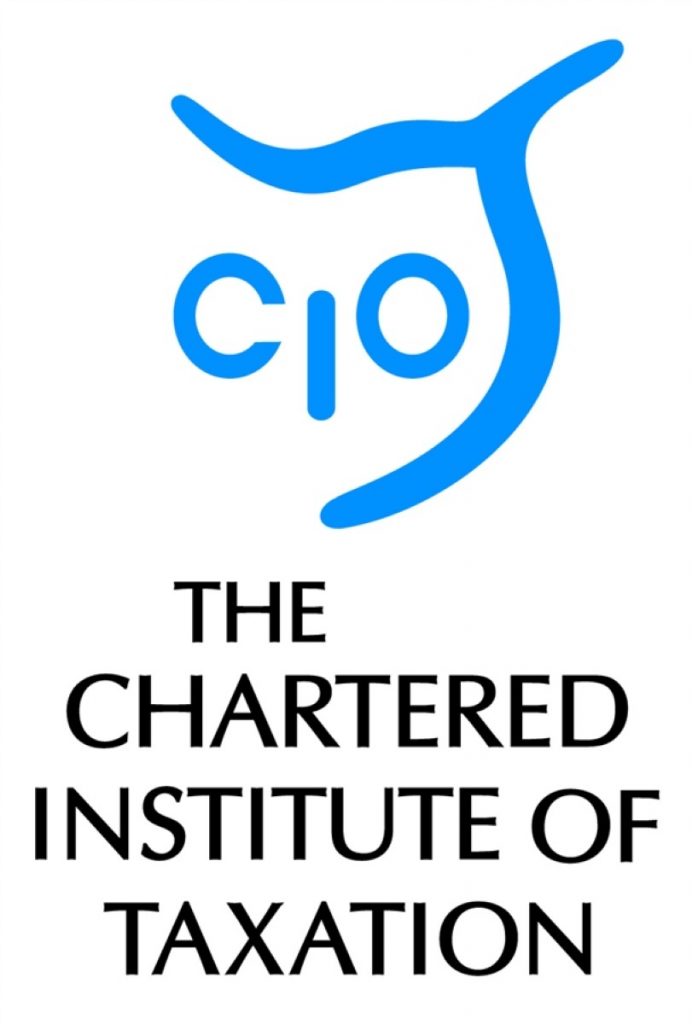It’s ‘goodbye cliff edges’ as banks pay for house tax shake-up
The Chartered Institute of Taxation (CIOT) has warmly welcomed the announcement today of the abolition of the current system of stamp duty land tax (SDLT) for residential properties.
Brian Slater, Chairman of the CIOT’s Property Taxes Sub-Committee, said:
“This is great news. Buyers, sellers and everyone else involved in property sales should be pleased to see the back of the outdated and unfair ‘slab’ system of SDLT, which distorted property sales by creating huge ‘cliff edges’ at particular property values.
“Under the current system someone buying a property for £125,000 pays no tax while someone buying a property for £125,001 pays £1,250; someone buying a property for £250,000 pays £2,500 in tax while someone buying a property for £250,001 pays three times as much. That created huge incentives to play the system by claiming exaggerated values for furniture and fittings.
“A properly progressive rate structure will be both fairer and more sensible, preventing distortions in the market place and avoidance around the ‘break points’.
“In the context of the increasing pace of tax devolution it is interesting to see that Westminster has followed Scotland’s lead. The reforms announced today make the tax look very similar to the Land and Buildings Transaction Tax the Scottish Government has just legislated for. Perhaps this will be a trend?
“However while Scotland’s reforms are revenue neutral, Westminster’s will cost about £800 million a year, enabling 98% of home buyers to be winners under the changes. Where is this money coming from? It is just a little more than the amounts raised by today’s announcement restricting the losses that banks can set against future profits. In other words, it looks like the Government are raiding banks to give home buyers a big tax break.”
Notes
1. There is a table on p54 of the Government’s Green Book indicating how much buyers of houses worth particular amounts gain or lose.
2. The Chartered Institute of Taxation
The Chartered Institute of Taxation (CIOT) is the leading professional body in the United Kingdom concerned solely with taxation. The CIOT is an educational charity, promoting education and study of the administration and practice of taxation. One of our key aims is to work for a better, more efficient, tax system for all affected by it – taxpayers, their advisers and the authorities. The CIOT’s work covers all aspects of taxation, including direct and indirect taxes and duties. Through our Low Incomes Tax Reform Group (LITRG), the CIOT has a particular focus on improving the tax system, including tax credits and benefits, for the unrepresented taxpayer.
The CIOT draws on our members’ experience in private practice, commerce and industry, government and academia to improve tax administration and propose and explain how tax policy objectives can most effectively be achieved. We also link to, and draw on, similar leading professional tax bodies in other countries. The CIOT’s comments and recommendations on tax issues are made in line with our charitable objectives: we are politically neutral in our work.
The CIOT’s 17,000 members have the practising title of ‘Chartered Tax Adviser’ and the designatory letters ‘CTA’, to represent the leading tax qualification.





-01.png)